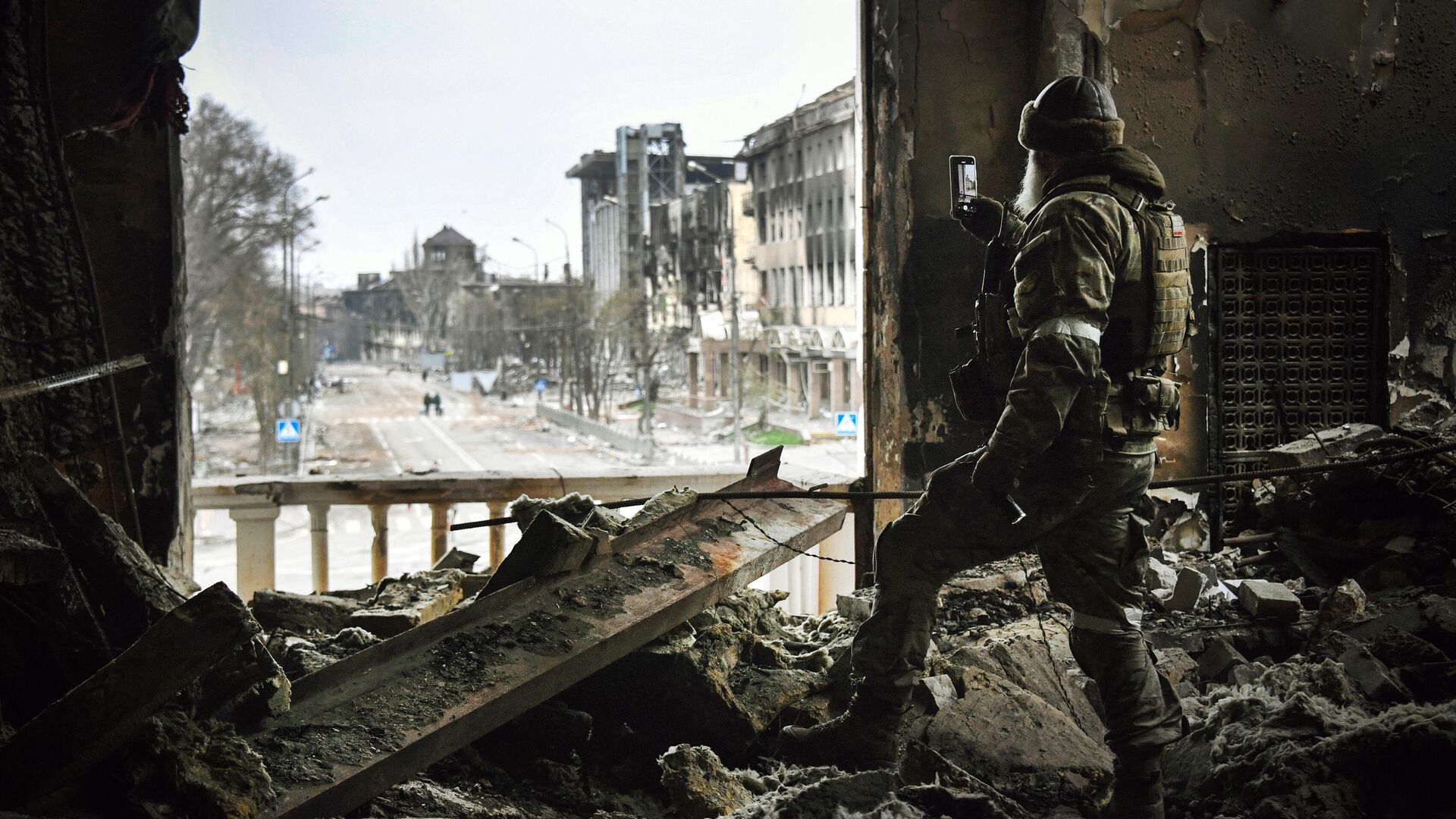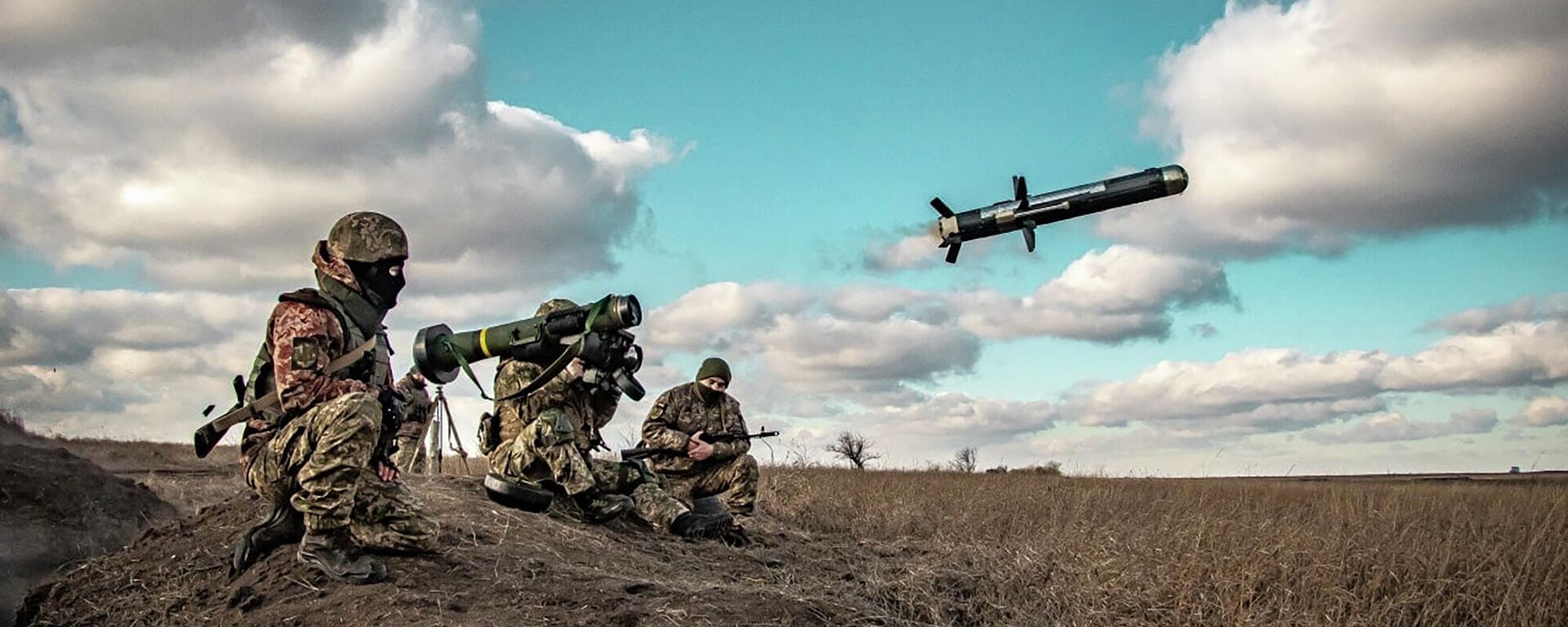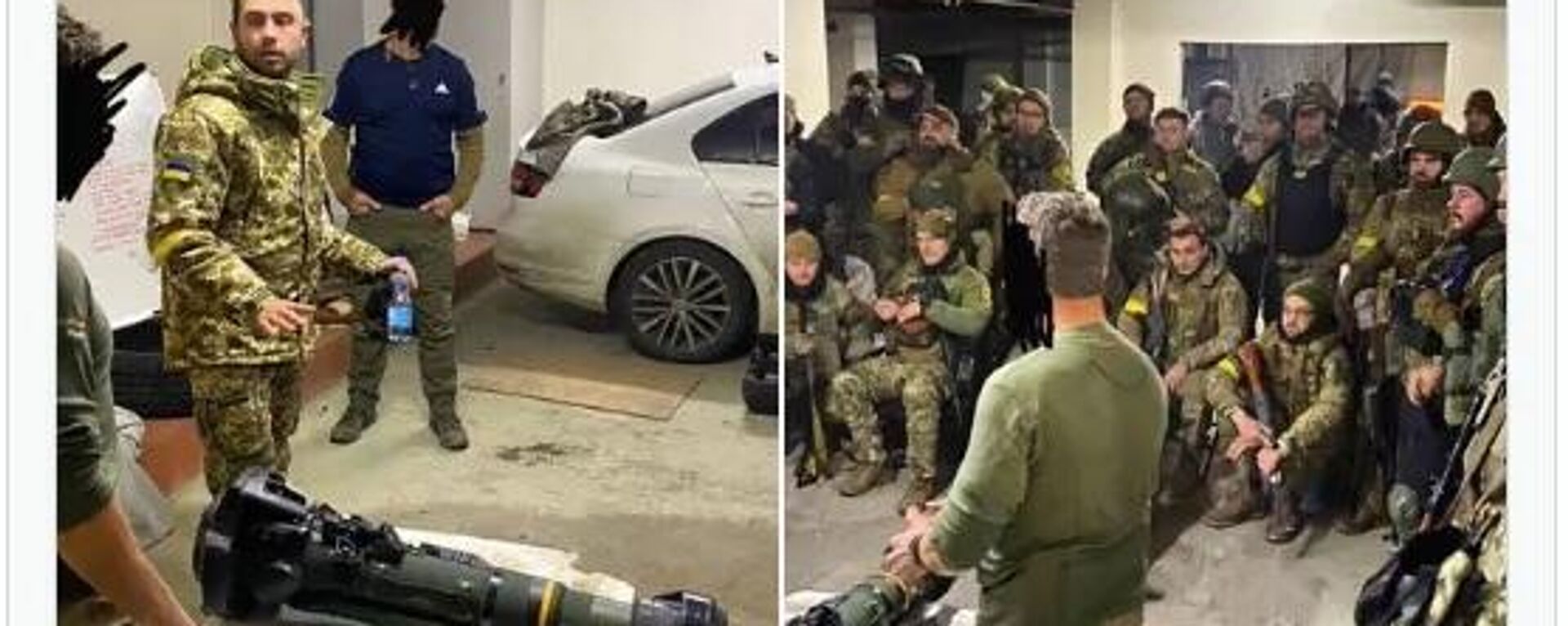https://sputnikglobe.com/20220605/wapo-praises-biden-for-stopping-rush-for-peace-by-allies-worried-about-cost-of-long-ukraine-fight-1096034747.html
WaPo Praises Biden for Stopping ‘Rush for Peace’ by Allies Worried About Cost of Long Ukraine Fight
WaPo Praises Biden for Stopping ‘Rush for Peace’ by Allies Worried About Cost of Long Ukraine Fight
Sputnik International
Ordinary Europeans have been paying through their wallets for leaders’ push to “punish” Russia for its military operation in Ukraine, with the EU levying... 05.06.2022, Sputnik International
2022-06-05T17:01+0000
2022-06-05T17:01+0000
2022-06-05T17:13+0000
david ignatius
ukraine
joe biden
america
europe
allies
https://cdn1.img.sputnikglobe.com/img/07e6/06/01/1095908948_0:0:3403:1915_1920x0_80_0_0_6f1d32fe53105f1c01b70536528c1fc4.jpg
One of Joe Biden’s central tasks in recent days has been to calm European allies concerned about the costs of a long, drawn out conflict in Ukraine amid the success of Russia’s new tactics, Washington Post columnist David Ignatius has said.Ignatius, a well-known Washington neocon who has cheerled every US war and military intervention since Yugoslavia in 1999, suggested European leaders seem to have “steadied” themselves despite the “new success of Russia’s meat-grinder tactics”, “committing to an embargo of Russian seaborne oil deliveries, while Germany agreed to provide Ukraine powerful antiaircraft defences and tanks”.The columnist also celebrated Biden’s “wise” shift in rhetoric away from total Ukrainian victory and the need to overthrow the Russian government to talk about a “negotiated peace” in his recent New York Times piece about “What America Will and Will Not Do in Ukraine”.“To check recent Russian advances in eastern Ukraine, Biden is sending a powerful rocket artillery system known as HIMARS, which can attack Russian targets with the devastating impact of a precision airstrike. But he clarified that the purpose of these American weapons was not only to help Ukraine on the battlefield but also to achieve ‘the strongest possible position at the negotiating table’”, Ignatius wrote, paraphrasing the president.Ignatius ultimately suggested that “the war in Ukraine, with its vicious swings in momentum, might be moving from ebullient optimism about Ukraine’s defiance toward a phase that’s closer to the long, enervating grind of the Korean War”, but urged Americans not get too let down, arguing Ukraine could become “one of the economic jewels of the world”, like South Korea.In addition to decades of pushing US interventions in Yugoslavia, Afghanistan, Iraq, Libya, and Syria, the WaPo columnist was also at the heart of the Trump-Russia collusion conspiracy theory, publishing the transcript of Trump National Security Adviser Michael Flynn’s post-election meeting with the Russian ambassador, and spending years afterward assuring that “hard evidence” of collusion would soon be presented. It never was, and in 2018, Special Counsel Robert Mueller found no evidence of collusion between anyone at the Trump campaign and the Kremlin.Ignatius is also a well-known champion for the Central Intelligence Agency, with his name reportedly on the agency’s list of privileged reporters who are sent stories the CIA wants to go public. In 2020, Ignatius helped push claims, spread by anonymous “intelligence sources” speaking to the WaPo and The New York Times, that Russia paid “bounties” to Taliban leaders to kill American troops in Afghanistan. The claims were debunked by the Trump administration, and the Biden administration later similarly found that the intelligence was “not conclusive”.Russia slapped Ignatius with an entry ban in April.
https://sputnikglobe.com/20220605/if-us-delivers-long-range-missiles-to-ukraine-russia-might-hit-earlier-unaffected-targets---putin-1096023762.html
https://sputnikglobe.com/20220604/nato-school-who-and-what-was-taught-by-western-military-instructors-in-ukraine-1096009667.html
ukraine
Sputnik International
feedback@sputniknews.com
+74956456601
MIA „Rossiya Segodnya“
2022
News
en_EN
Sputnik International
feedback@sputniknews.com
+74956456601
MIA „Rossiya Segodnya“
Sputnik International
feedback@sputniknews.com
+74956456601
MIA „Rossiya Segodnya“
david ignatius, ukraine, joe biden, america, europe, allies
david ignatius, ukraine, joe biden, america, europe, allies
WaPo Praises Biden for Stopping ‘Rush for Peace’ by Allies Worried About Cost of Long Ukraine Fight
17:01 GMT 05.06.2022 (Updated: 17:13 GMT 05.06.2022) Ordinary Europeans have been paying through their wallets for leaders’ push to “punish” Russia for its military operation in Ukraine, with the EU levying nearly a thousand new sanctions on Moscow targeting everything from Russian technology imports to oil and gas exports. President Vladimir Putin characterised these actions as “economic suicide”.
One of Joe Biden’s central tasks in recent days has been to calm European allies concerned about the costs of a long, drawn out conflict in Ukraine amid the success of Russia’s new tactics, Washington Post columnist David Ignatius has said.
“Biden’s most urgent task has been to check a panicked rush for peace among some European allies who worry about the costs of a protracted conflict”, Ignatius wrote in an op-ed featuring glowing praise of the president’s recent performance.
Ignatius, a well-known
Washington neocon who has cheerled every US war and military intervention since Yugoslavia in 1999, suggested European leaders seem to have “steadied” themselves despite the “new success of Russia’s meat-grinder tactics”, “committing to an embargo of Russian seaborne oil deliveries, while Germany agreed to provide Ukraine powerful antiaircraft defences and tanks”.
The columnist also celebrated Biden’s “wise” shift in rhetoric away from total Ukrainian victory and the need to overthrow the Russian government to talk about a “negotiated peace” in his recent New York Times
piece about “What America Will and Will Not Do in Ukraine”.
“To check recent Russian advances in eastern Ukraine, Biden is sending a powerful rocket artillery system known as HIMARS, which can attack Russian targets with the devastating impact of a precision airstrike. But he clarified that the purpose of these American weapons was not only to help Ukraine on the battlefield but also to achieve ‘the strongest possible position at the negotiating table’”, Ignatius wrote, paraphrasing the president.
Ignatius ultimately suggested that “the war in Ukraine, with its vicious swings in momentum, might be moving from ebullient optimism about Ukraine’s defiance toward a phase that’s closer to the long, enervating grind of the Korean War”, but urged Americans not get too let down, arguing Ukraine could become “one of the economic jewels of the world”, like South Korea.
In addition to decades of pushing US interventions in
Yugoslavia,
Afghanistan,
Iraq,
Libya, and
Syria, the WaPo columnist was also at the heart of the Trump-Russia collusion conspiracy theory,
publishing the transcript of Trump National Security Adviser Michael Flynn’s post-election meeting with the Russian ambassador, and
spending years afterward assuring that “hard evidence” of collusion would soon be presented. It never was, and in 2018, Special Counsel Robert Mueller found no evidence of collusion between anyone at the Trump campaign and the Kremlin.
Ignatius is also a well-known champion for the Central Intelligence Agency, with his name
reportedly on the agency’s list of privileged reporters who are sent stories the CIA wants to go public. In 2020, Ignatius helped push claims, spread by anonymous “intelligence sources” speaking to the WaPo and The New York Times, that Russia paid
“bounties” to Taliban leaders to kill American troops in Afghanistan. The claims were debunked by the Trump administration, and the Biden administration later similarly
found that the intelligence was “not conclusive”.
Russia
slapped Ignatius with an entry ban in April.



